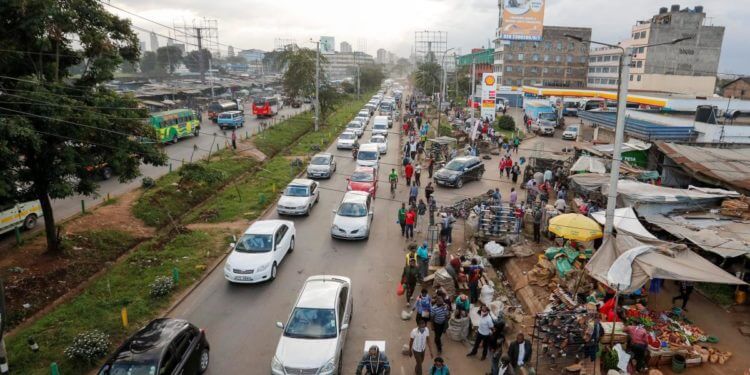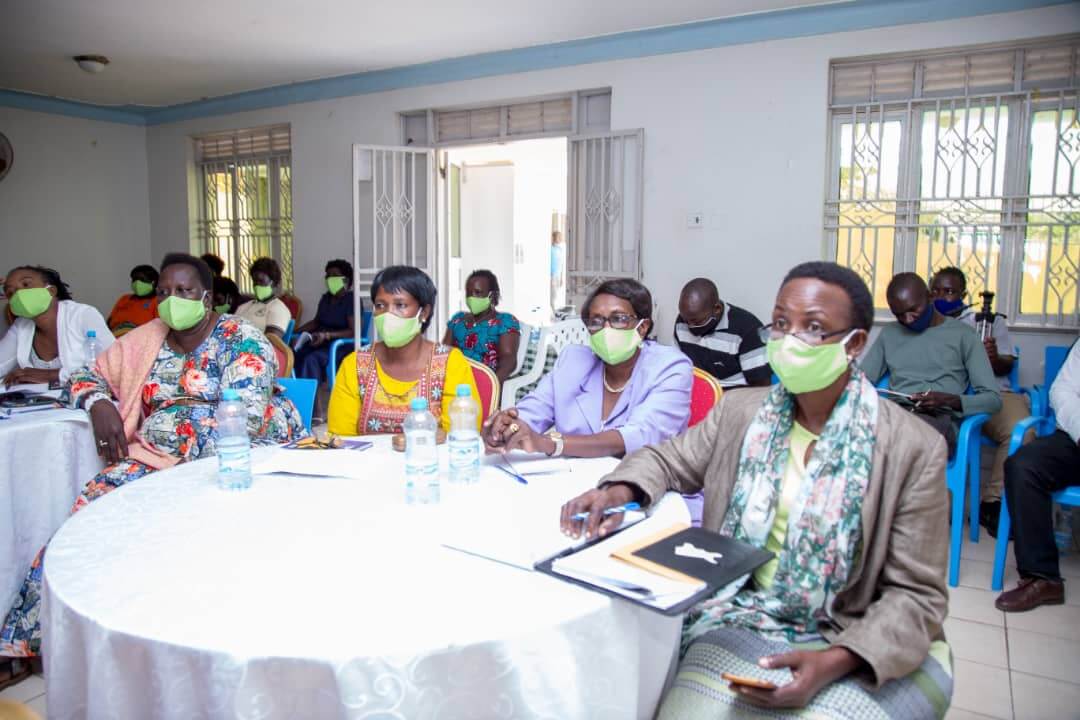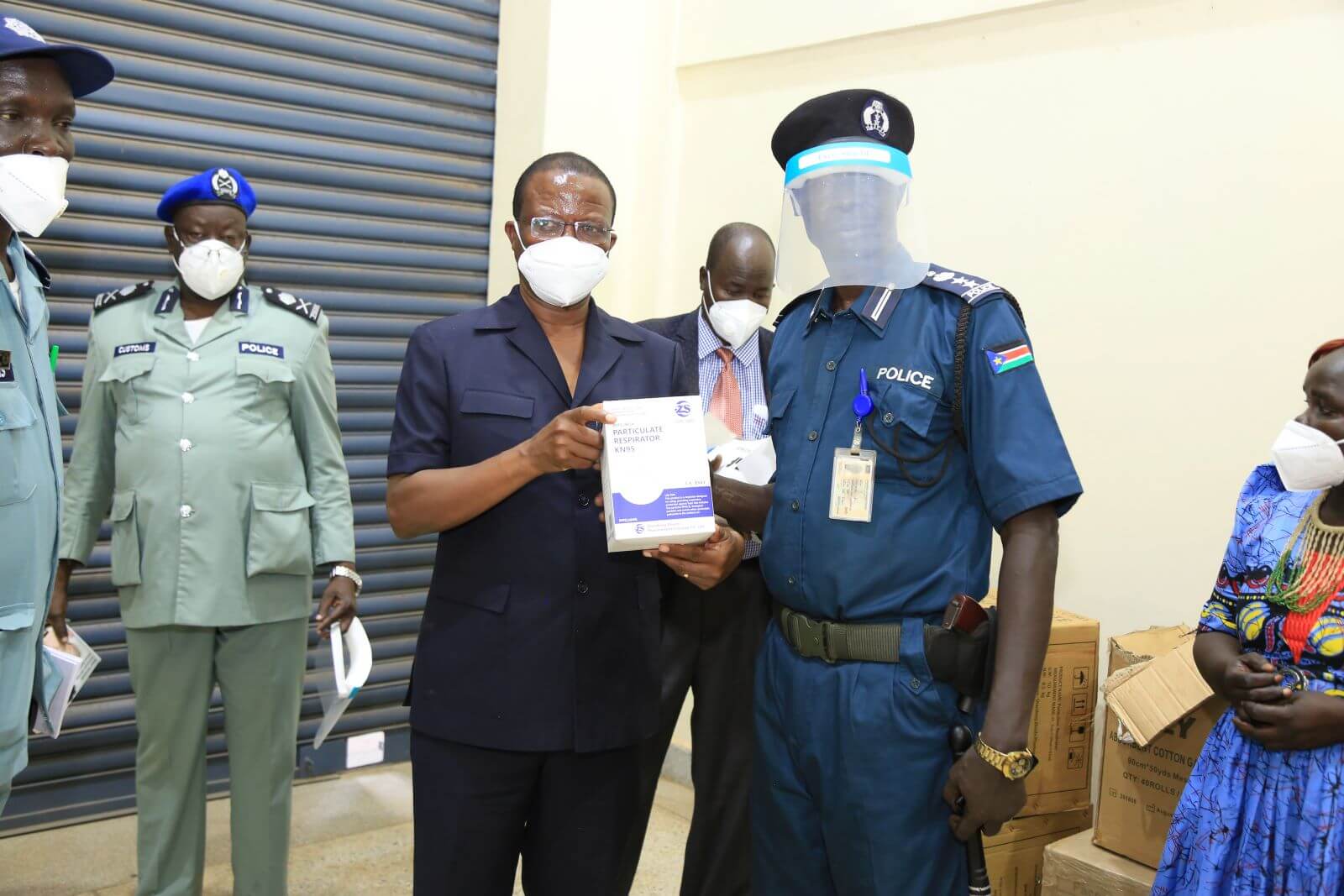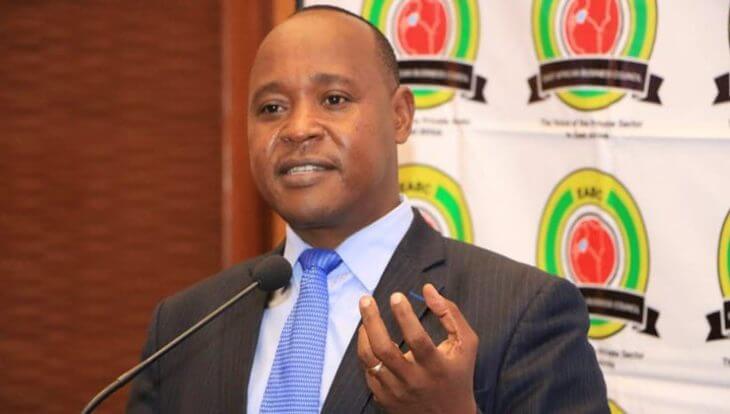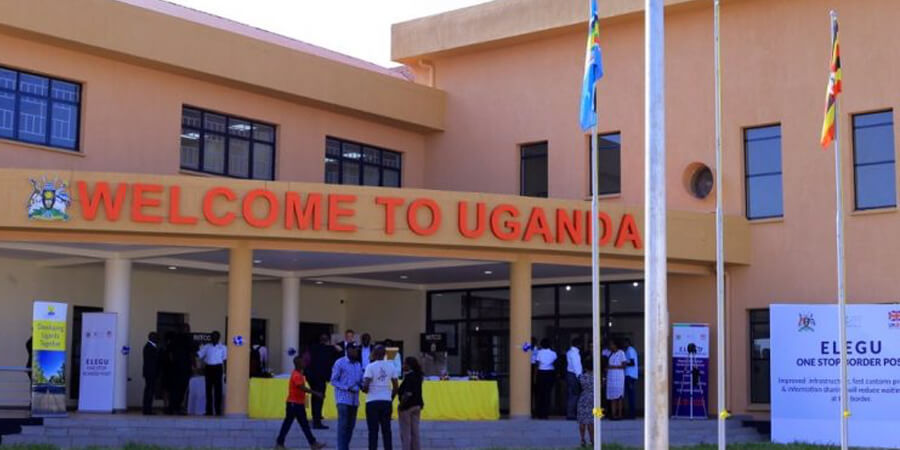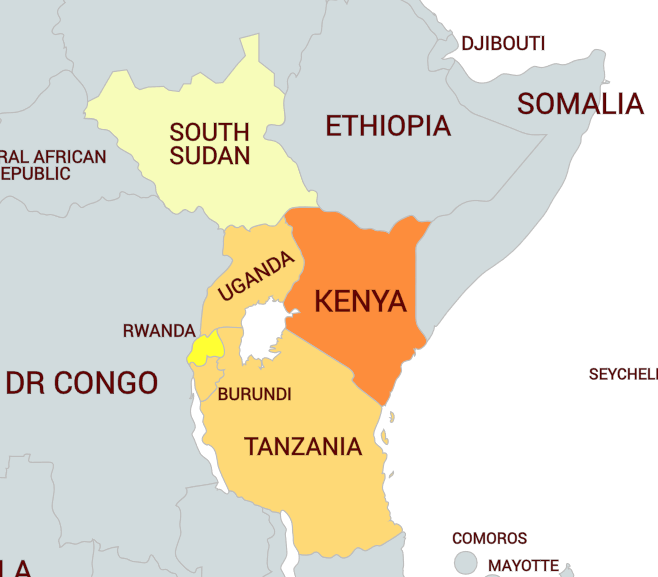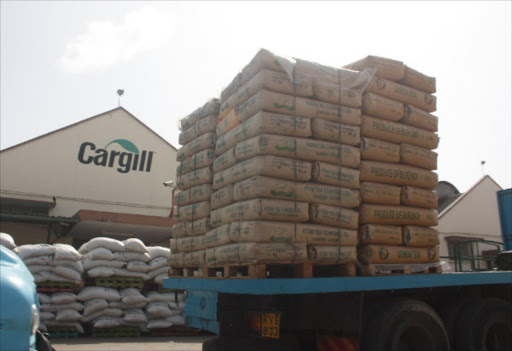Sub-Saharan Africa will see moderate but positive growth of 2.7% this year, a welcome rebound from the region’s first recession of 25 years in 2020 when the region shrank by an estimated -3.7%. But 2021 is probably going to be just as tough for African economies as it was in 2020. Last year, there was a 6.1% decline in per capita income in the region, the “deepest contraction on record,” says the World Bank in its latest global outlook. There’ll be a further 0.2% decline this year. Like many observers, the bank is worried that despite the commendable early efforts of African governments to lock down their economies from Covid-19 the pandemic has not really let off. Several countries are going through a second wave that is more severe than the first. These persistent outbreaks and the uncertainty they create will inhibit economic growth and ultimately set living standards back by a decade, says the bank, reiterating its early pandemic warnings. One of the many reasons, African economies have struggled has been the unprecedented capital outflows needed to help manage their economic lockdowns even as foreign direct investment all but disappeared. In 2020, FDI to Africa collapsed by 30%-40% and remittances fell by 9% leaving little room to maneuver for African finance ministers. This is likely why despite ongoing concerns about mounting debt levels, government debt in the region jumped another 8 percentage points to around 70% of GDP, says the IMF. The fear now is that rising interest payment...
Africa’s diversified economies are set to rebound quicker than its extractive giants
Posted on: February 1, 2021
Posted on: February 1, 2021

